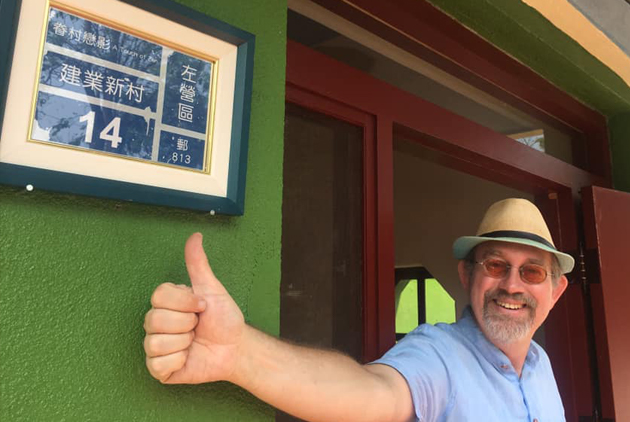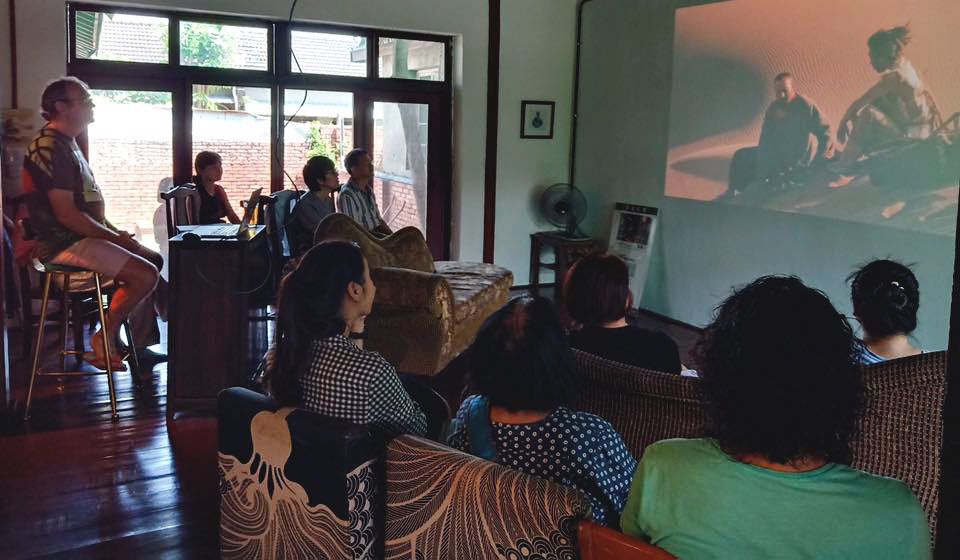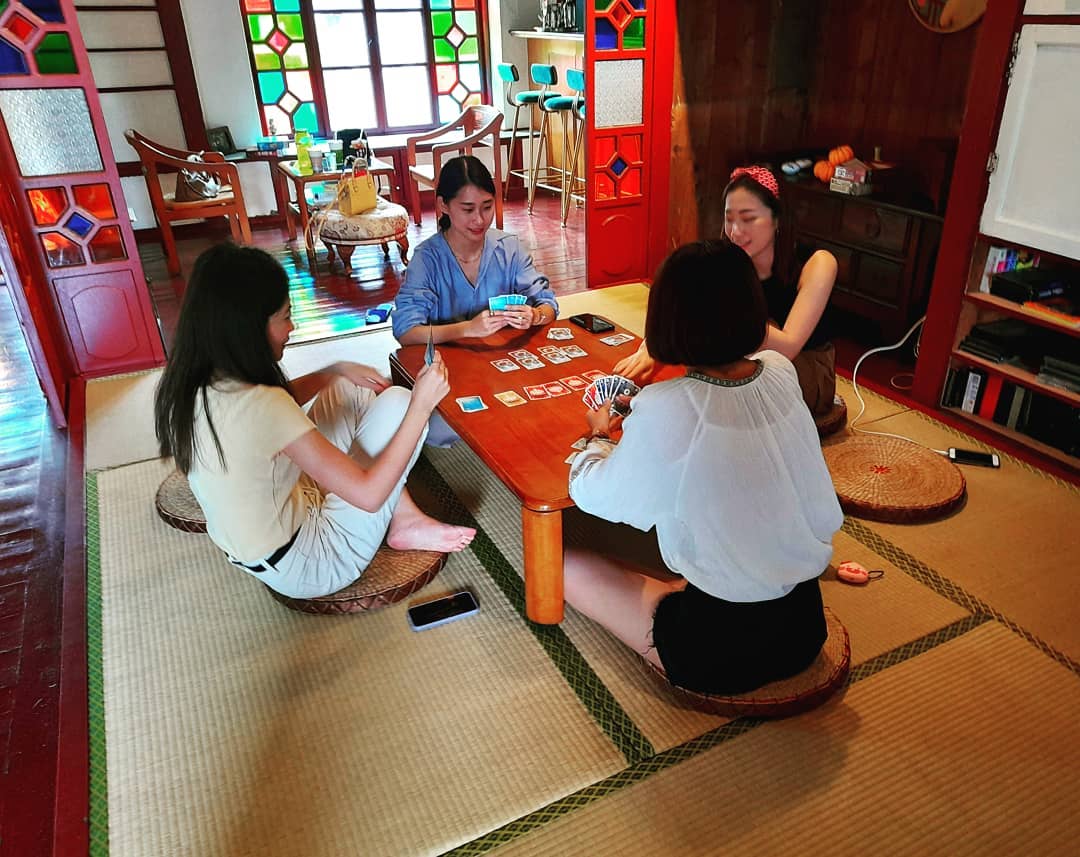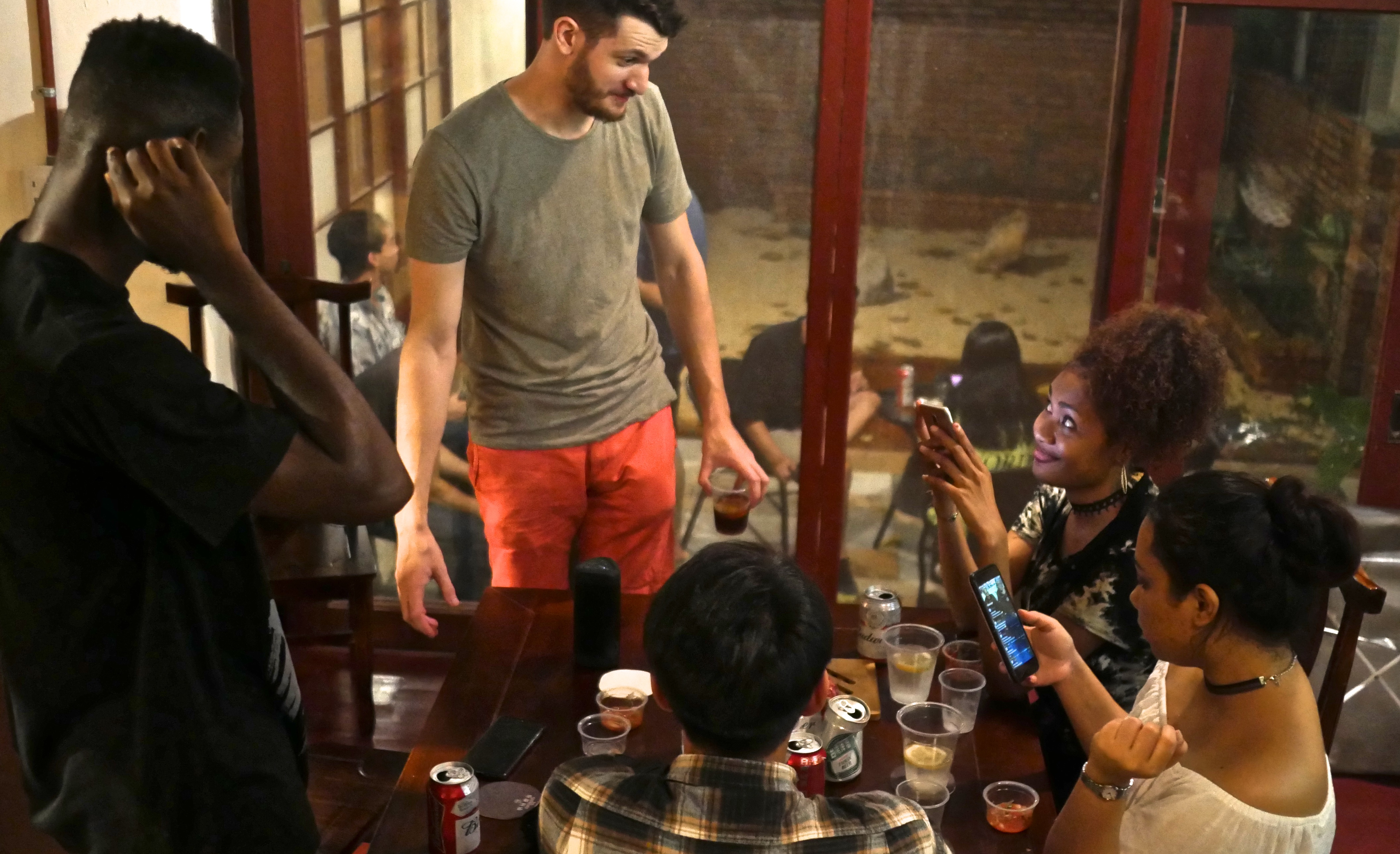Taiwan Model
Taiwan’s Impressive Response to COVID-19: A Personal View

Source:Carl Thelin
The threat of COVID was made personal for me very early on, before the word “pandemic” was being used, and even before there was automatic testing and quarantining for people arriving from China...
Views
Taiwan’s Impressive Response to COVID-19: A Personal View
By Carl Thelin(練克煒)web only
During the Lunar New Year holiday, one of Taiwan’s first diagnosed cases hid his symptoms on arrival and was only diagnosed a couple of days later after he went to a nightclub in Kaohsiung where my sister-in-law Jewel was performing in the house band. My wife and I met Jewel for dinner the next evening, and the diagnosis and contact tracing came a day or so afterwards. Jewel had to quarantine, and, had she developed symptoms, my wife and I would have had to quarantine as well. Fortunately for us, Jewel stayed healthy throughout her quarantine, but as a freelance musician, she lost a substantial amount of income during those two weeks, all thanks to one irresponsible person.

Taiwanese authorities rapidly fine-tuned their protocol for people arriving from other countries to help avoid this type of transmission risk as we moved forward. In less than two weeks we arrived at a situation fairly close to what we still have today with a ban on landing and tourist visas, international arrivals automatically going into quarantine, comprehensive contact tracing, use of big data and social media to map and disseminate possible exposure sites, etc. This rapid, well-thought-out response meant that ultimately Taiwan did not need to go on full lockdown, which would have had much more dire economic implications.
The virus impacted us again shortly thereafter. My wife and I ran a small restaurant and continue to run a guest house called A Touch of Zen, both of which experienced a huge drop-off in business in the early days of the pandemic, as Taiwanese for the most part responded to the government’s directive to avoid needless travel and social gathering places like restaurants. A slew of hotel and restaurant closures began in late February and ran through May. We closed our restaurant on March 15, towards the beginning of these closures. Bookings at our guest house dropped to virtually zero, and with my other major source of income, video production work in China, suspended indefinitely due to COVID travel restrictions, we weren’t sure how we would make ends meet.

Fortunately Taiwan’s bureaucrats were again quick to respond. A hospitality industry COVID relief package was announced just a week or so after we shuttered our restaurant. Modest one-time direct cash payments were combined with several job training programs where participants could receive intensive, full-time training and a small cost of living stipend. My wife and I enrolled in one of these programs for operators of minsu (民宿 - a Taiwanese Mandarin catch-all term encompassing bed and breakfasts, homestays, and anything smaller or more informal than a hotel).
I believe I am one of the very few non-Taiwanese people who experienced this type of program. Ours was an innovative 6-week course combining training in everything from digital marketing for small businesses, to COVID hygiene, to tea appreciation, and even Hospitality English and Japanese. In-class training was augmented by field trips to some of Southern Taiwan’s more interesting but less well-known sights, with the idea that if we innkeepers visited these places ourselves, we could share our experiences with our guests and be instrumental in bringing in more visitors and generally boosting the profile of some deserving but under visited destinations.
To me this last idea was genius, creating greater synergy between guest houses and tourist sights. We feel that the program as a whole actually did sharpen our skills and make us better at running our guest house, while offering focus and purpose at a time when many of our classmates were feeling idle and depressed about their economic situation.

Then came more widely known aspects of Taiwan’s COVID relief program, the honey for the general population: those “pay-NT$1000-get-NT$3000” vouchers, and the Anxin Lüyou (安心旅遊) program, whereby Taiwan citizens could get NT$1000 off the cost of a hotel room, as well as free vouchers to spend at local night markets. All of this gave domestic tourism the bump it needed and brought many more guests to stay at our guest house.
2020 could have been far worse for both the general population and for small businesses in Taiwan, and the fact that most of us are still chugging along and having a fairly normal existence is largely thanks to rapid, astute, and responsive moves by government agencies at all levels. Much has been made in the Western press of Taiwan’s supposedly uniquely cooperative population, experience with SARS, and island status, as components of its COVID success story, but none of those factors should diminish the reality fact that Taiwan’s government hit this one out of the park.

About the author:
Carl Thelin is director, cinematographer, film critic, innkeeper, and restorer of old buildings. He was born in Changhua, Taiwan, the son of two Tunghai University professors, both American, and spent most of his formative years in Taichung. As an adult he spent time in London, Slovakia, Honolulu, San Francisco, and eventually China. He has shot documentary content for the BBC, Nat Geo, Discovery, Channel 4, CNBC, and the German network ARD. He relocated to Kaohsiung with his Taiwanese wife so she could open a restaurant in the home she grew up in. In the process, they discovered a love of restoring old buildings together, and have since restored an old Japanese era home which they now operate as a guest house.
Have you read?
♦ Pandemic in a Willingly Prepared Society
♦ Taiwan’s Health Tech success lies in Global South Collaboration
♦ The Pandemic is a Reminder We Can Do Better with Less
Uploaded by Penny Chiang






